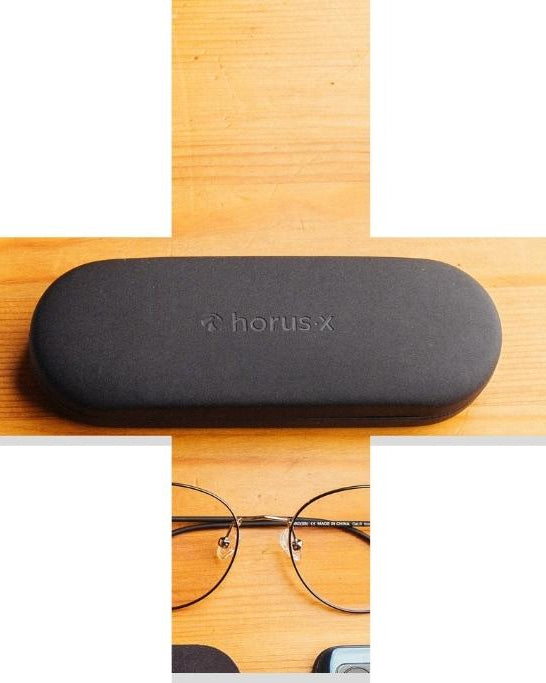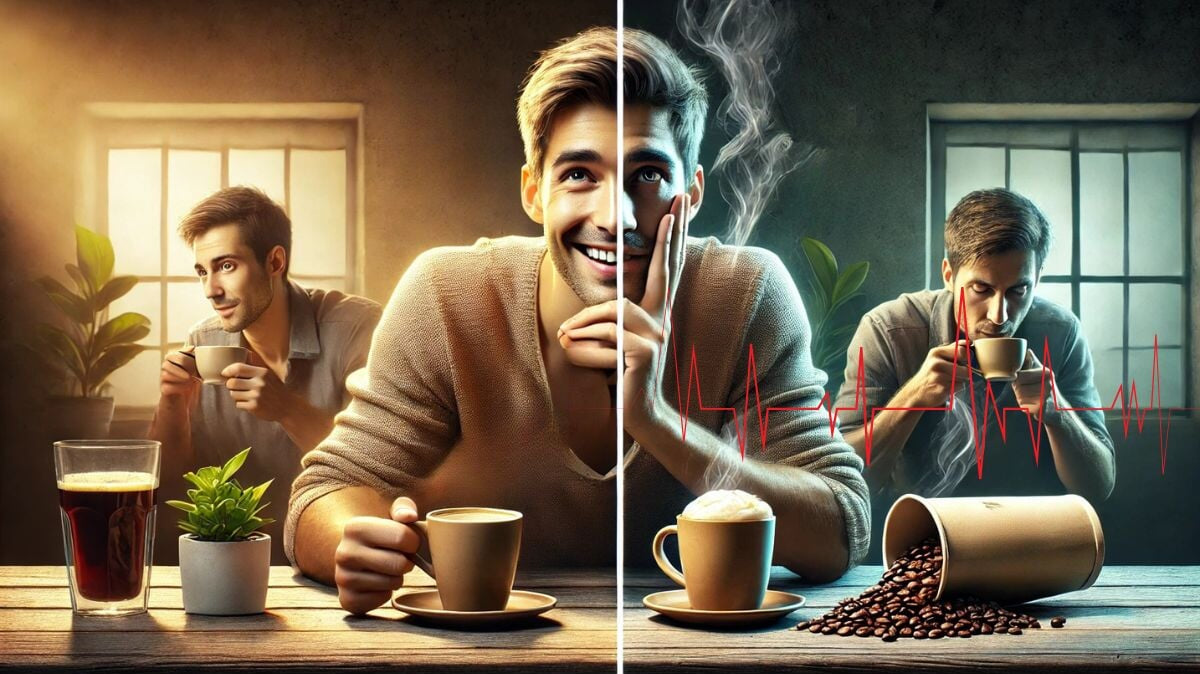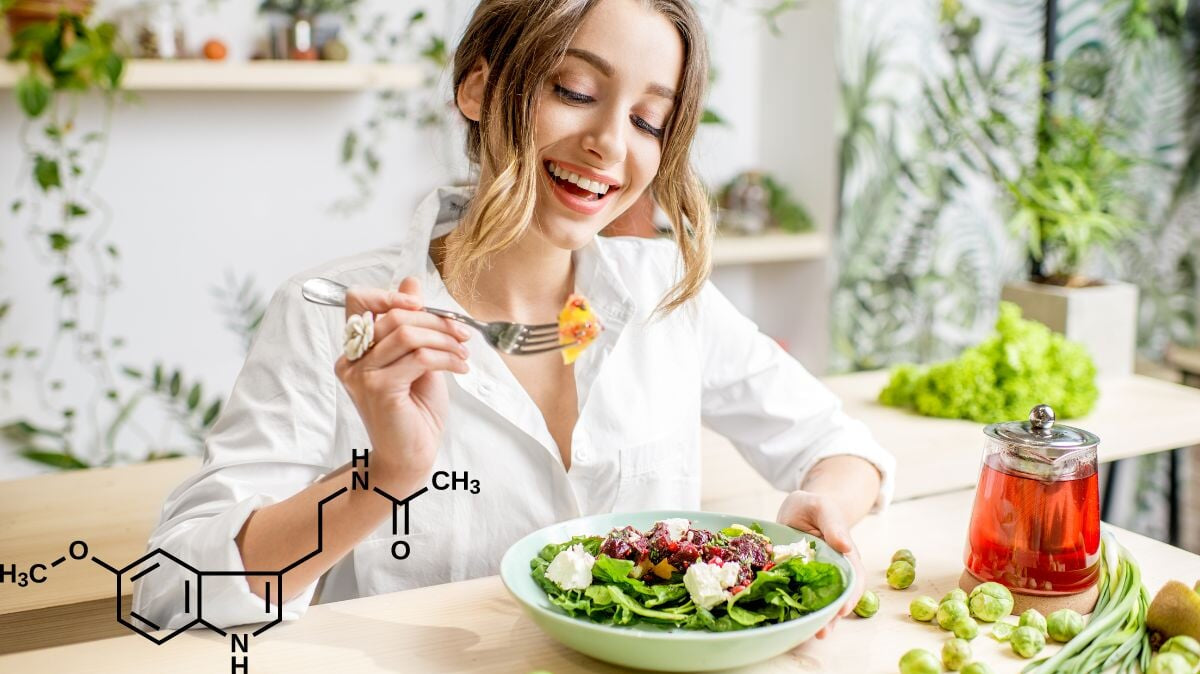We spend more than 60% of our leisure time in front of screens . We hardly dare to add the time spent for our professional activity… Our eyes are necessarily in the front line, and this overexposure to blue light causes fatigue and dry eyes.
Today we are interested in vegetables that are good for sight. Some vegetables are very rich in vitamins and contain essential nutrients for the proper functioning of your eyes. We even prepared your shopping list for the market, and some nice little recipes. Let's go !
In this article :
- Your eyes are sensitive
- The vegetable good for the sight? We explain to you why
- Spinach, the super vegetable for sight
- Carrots are essential!
- Lamb's lettuce, asparagus, pumpkin, peas, green beans, sweet potatoes and broccoli: too!
- Vegetables to keep an eye on at the market!
- The vegetable, raw or cooked?
- Some recipe ideas for a lynx eye 👩 🍳
- Just for your eyes
Why are your eyes overheating? 👀
The composition of the eye
Your eye is made up of:
- 👀 cornea , very sensitive and constantly nourished by tears
- 👁 of the iris , a pigmented disc responsible for the "color" of the eyes
- 🎯 the lens , located behind the iris, which allows focusing
- 🌈 and the retina , formed of 10 layers for the reception of light information and their transmission to the optic nerve. The macula, the fovea and the foveola are the different parts of the retina, they ensure the precision of vision.
A myth : )
The question that concerns you if your eyes are blue: are they more fragile than green or brown?
⚠️ The fragility of light eyes is completely... wrong!
The iris has two layers of pigment. The first layer of people with light eyes is poorer in pigment than that of people with dark eyes. But it is the second layer that protects the eyes from light. To find out more, you can read this enlightening article ;-)
We ask too much of them!
Between natural eye fatigue, intensive environmental stimulation (sun, wind...), your eyes are in enormous demand. Add to that the many hours you spend in front of your screen and it can cause problems in the long run.

A fairly common example: insufficient production of tears in your eyes. However, they feed on it to feel good. If tear production is impaired, you may feel tingling, have red eyes, headache, see a little blurry. Eye fatigue is here!
To avoid this, in addition to our culinary advice below , it is recommended to blink your eyes very frequently, to hydrate yourself well, to take 20-second breaks every 20 minutes, and to open the window to air and look away.
Another example that is easy to thwart: the intense light of screens. Here it's easy using good screen glasses .
What are the essential nutrients for your eyes, where can you find them?
We all know that healthy eating is important for overall good health, and even more so when it comes to the health of our eyes.
The rule of 5 fruits and vegetables a day is well known, but do you know that some of them have the power to optimize your vision but above all to prevent eye disorders?
Lutein and zeaxanthin to protect your macula. The base !
The macula , which constitutes the central zone of the retina, represents only 2 to 3% of its surface, but transmits 90% of visual information to the brain!
It is protected against light rays by the macular pigment, which is of food origin. It is formed by lutein and zeaxanthin, which hold antioxidant properties. They protect the retina from free radicals and the macula from blue light.
They are found in green vegetables:
- spinach (zoom on this super food a little further!)
- peas
- broccoli
- green beans
- asparagus
- salads
… and some yellow-orange vegetables:
- carrot
- Yam
- butternut squash
- but
- pumpkin
Stock up on vitamins A, C, D and E
Vitamin A

Vitamin A plays an important role in the synthesis of pigments in your eye.
It is essential for the creation of rods in the retina, which transform light signals into nerve signals, to transmit the visual message to your brain.
Consuming vitamin A will preserve your eyes. If you notice a deterioration of your night vision, it is a sign of deficiency!
👉 You will find it in dark green, yellow and orange vegetables, and also in herbs such as parsley, thyme and chives.
Vitamin C
Vitamin C is necessary for the functioning of the lenses.
Its antioxidant power allows it to absorb the harmful rays of the sun. It helps to delay the onset of cataracts and macular degeneration.
👉 You will find it in green vegetables like broccoli and the whole cabbage family, and in peppers.
Vitamin D
Vitamin D is very useful in the fight against dry eyes.

It is part of the family of fat-soluble vitamins (it dissolves completely and perfectly in fat).
👉 It is found in wild mushrooms such as porcini mushrooms, morels, Paris mushrooms, boletes.
Vitamin E
Vitamin E is antioxidant. It slows down the aging of cells and helps the circulation of blood in the eye vessels. Its anti-inflammatory properties are effective against the symptoms of dry eyes (redness, blurred vision, tingling, pain), and against macular degeneration and the appearance of cataracts.
👉 You'll find it in dandelion, cooked broccoli, cooked spinach, asparagus, chickpeas, chestnuts and watercress.
Selenium and zinc for optimal functioning
Zinc

Zinc transports vitamin A from the liver to the retina to produce melanin, the protective pigment in the eyes. Zinc deficiency is associated with cataracts and overall visual impairment.
👉 Chickpeas, like many legumes, contain zinc, which helps your liver release vitamin A and deliver it to your retina.
Selenium
Selenium helps fight dry eyes.
👉 You'll find it in broccoli and onions.
Spinach, our favorite super vegetable good for sight ❤️
Spinach contains a lot of vitamins and minerals, and especially carotenoids (lutein and zeaxanthin). As seen above, these pigments are beneficial because they accumulate in the retina of the eye and the macula , and protect against oxidative stress, helping to fight against macular degeneration.
😎 Spinach therefore prevents premature aging of the eyes. We advise you to consume them fresh about once a week.
The carrot, essential! 🥕
For vitamin A and beta-carotene! The carrot makes you friendly, it seems, but it is also beneficial for the eyes.
Rich in antioxidants and vitamins A, carrots prevent a reduction in visual acuity and the appearance of AMD or cataracts.
It is recommended to consume it regularly, but not every day because too much beta-carotene can clog the liver !
Lamb's lettuce, asparagus, pumpkin, peas, green beans, sweet potatoes and broccoli: too! 🥦
Peas, broccoli, green beans, salad, corn, pumpkin, protect your retina thanks to their lutein and zeaxanthin content. Eating these foods regularly will provide good protection for your retina.
Sweet potato or butternut contain a lot of beta-carotene.
Broccoli and the whole cabbage family, full of pigments and vitamin C, are known to protect the cornea and the crystalline muscle from UV rays.
Lamb's lettuce is one of the green foods with the most omega-3s. To be consumed without moderation.
Rich in B vitamins, asparagus is added to the list of green vegetables that are very effective in the fight against vision loss.
Vegetables to keep an eye on at the market! 🛍
So to make it easier for you, we have prepared your shopping list for the market, respecting the seasons of course:
|
Spring |
Carrot- cabbage – cauliflower – chard – frisee – lettuce – peas – spinach |
|
Summer |
Asparagus – chard – carrot - cauliflower – spinach – green bean – lettuce – onion – peas – bell pepper – salad – corn - summer squash |
|
Autumn |
Chard – broccoli – carrot - cabbage – Brussels sprouts – cauliflower – pumpkin – spinach – frisee – green bean – lettuce – corn – onion – bell pepper – salad – sweet potato – butternut squash – pumpkin – pumpkin – wild mushroom – Button mushroom |
|
Winter |
Broccoli - carrot - cabbage - Brussels sprouts - cauliflower - kale - red cabbage - lamb's lettuce - pumpkin - Jerusalem artichoke - onion - winter squash - sweet potato - watercress |
Not to mention the herbs (parsley, thyme and chives) and also the chickpeas for the aperitif hummus 👍
The vegetable, raw or cooked?
Eating the right vegetable for your eyesight also means choosing the right method of preparation to preserve all the good nutrients.
💦 For example, vegetables when cooked in water lose some of the water-soluble compounds they contain, mainly vitamins B and C, as well as minerals.
The concentration of vitamin C, heat-sensitive in addition to being water-soluble, is the most reduced by the processes of cooking with water.
In summary, eating raw vegetables therefore allows you to preserve the maximum of vitamins and trace elements (exception for green beans which contain phasine which is toxic, as well as eggplants which contain solanine, so you should never eat them raw !).
Ok, but raw, it's sometimes difficult to digest… so you can grate them, mix them or crush them, which will break the dietary fibers present in their walls.
Otherwise, you can favor 2 cooking methods:
- ♨️ steam cooking , which is easy and healthy because no loss of vitamins or minerals, no added fat. But sometimes a little bland, unless you add spices
- 🍳 wok cooking , which retains vitamin C better, and hardly affects the minerals present in food. The presence of fat also improves the absorption of carotenoids and their conversion into vitamin A.
If you want to learn more about these topics, we recommend reading this article .
⁉️ Do you know?
Eating raw forces you to chew more. The feeling of satiety invading us after 15 to 20 minutes of chewing, it will be very useful if you are looking to lose a little weight, or simply not to clutter your body unnecessarily 😜
Some recipe ideas for a lynx eye 👩 🍳
- For the aperitif: 8 hummus recipes that are out of the ordinary
- To warm you up: Soup, soup and velouté: the best recipes
- 22 gourmet spinach recipes to stop saying it's not good
- What to do with carrot? 20 delicious recipes
- Healthy and tasty recipes based on green vegetables
The final word | Vegetable good for the eyes
Here you are now ready to take care of your eye health thanks to vegetables that are good for sight. Don't forget to take your list to the market next week.
On our blog, you will find lots of good advice on other foods good for your eyesight that will accompany your vegetables: fruits that are good for your eyes , herbal teas that will relieve your tired eyes . And here you will find the worst foods for your eyesight , and how to take care of your eyes naturally .
Also, don't forget to move regularly, taking a break every 20 minutes to rest your eyes. Take the opportunity to take a few deep breaths, give your cat a hug if you're teleworking 😻 and bite into a carrot while looking at the sky 😎.
















